With the right tool, keeping track of business expenses will help you organize business finances, easily record income, and monitor cash flow. You’ll make smarter business transactions and ensure business continuity.
How to keep track of business expenses and make sure you’re doing it the right way, why is it important, and what are the best tools? Here’s everything you need to know about tracking business expenses.

Quick And Easy Tips On How to Keep Track of Business Expenses?
Keeping track of expenses, especially for small firms or freelancers, can be tough. While major corporations have finance departments, it is more difficult for a small business to do so.
There are, however, steps you can take to address how to keep track of expenses for small business or medium-sized ones that will make keeping track of your expenses a pleasure. Here are eight ideas for keeping track of small business expenses.
Get Business Bank Accounts
The distinction between personal and corporate funds can be fuzzy for freelancers and small firms. You may find yourself sifting through the grocery and clothing purchases for company expenditures come tax time.
Open business bank accounts to keep track of all business-related spending. Then, for all company purchases, use your business accounts. Using a money tracker makes arranging your finances much easier, giving you more time to focus on the important things. For this you’ll require :
- Business Chequing Account
- Business Account
- Business Credit Card

Keep Digitalized Automated Records
Going digital is one of the simplest methods to arrange a stack of critical paperwork. You’ll be able to swiftly view all papers and find the information you need this way.
There are two methods to go about it:
- Use specialized software to save digital company receipts, including receipt information, as well as vital documents like invoices, tax records, and other papers.
- Or, in your digital environment, build a specific location.
Furthermore, after the requisite three years, you can discard all of the papers while still having all of your records and receipts on hand. You never know when you’ll need that receipt from last year’s lunch with a customer, or that invoice for the services.
Paper Receipts Organization
According to the Internal Revenue Service, small business owners and self-employed people must retain records of business spending for three years. It’s a good idea to manage all of your paper receipts till you don’t need them to be legally compliant and prevent legal troubles.
One, you may face a financial audit; and two, as a business owner, you will require evidence of expense for your client.
With a well-organized system, keeping track of bills will be much easier. Simple envelopes, a dedicated box in the cupboard, or an organizer such as binders or file folders can all be used.
Labeling receipts with a customer, category, kind of spending, date, and other data will make it easier to keep track of them and enhance their organization.
Create Business Benchmark
One of the strategies for being fiscally sound is to compare your results to those of other companies. Because every business is distinct and runs on different terms, it will not always be accurate.
You should concentrate on the financial side of entrepreneurship if you really want to benchmark spending tracking. Investigate how other firms in your industry and specialty are functioning, what financial goals they have, what tools they use to analyze, manage, and optimize spending, and what common practices they follow.
You can speak with a specialist to learn more about the current trends and goals. You can also utilize the US Census Bureau’s Business Expenses Survey (BES) as a cheat sheet. It’s an official document containing data on operational expenses in the United States.

Cloud Accounting Software
For busy merchants and entrepreneurs who wouldn’t be able to make it into the office on a regular basis, having access to bookkeeping or accounting software on the move is attractive. You may acquire a system of communication with the tap of a finger using mobile spending tracking. Small business owners can also enter expenses while travelling to a conference or meeting with a customer using cloud accounting software.
This software automatically integrates into your bank account or credit card, allowing you to automatically update your expenses daily. This is a compelling reason to choose digital transactions versus cash transactions. Rather than having to print receipts and keep track of every transaction you make during the day, a good cost tracking tool will simply record the key facts for you, allowing you to focus on the important things.
If you should ever be audited, your tax filings will be more secure. If your computer crashes, your spreadsheets may be lost. Receipts on paper are prone to be misplaced. Accounting data is kept in the cloud, on the other hand, maintain all of your data in one secure location.
Updated Federal Laws
Always make sure you’re following the most recent recommendations to keep up to date and comply with federal policies and regulations. You can engage a financial advisor or an accountant. This person will answer all of your questions and assist you in preparing financial statements. They’ll also give you company cost monitoring instructions that are matched to your demands and resources.

Calculators
It’s sometimes sufficient to be doing some counting to ensure that your calculations are correct and that you’re on track with your budget.
There are a variety of calculators available to assist you in keeping track of your expenses;
- Use a profit margin calculator to see if you’re losing money due to low product prices.
- Calculate the return on investment (ROI) to see if you’re getting a good deal on your money.
- Use an overtime calculator for calculating overtime compensation and ensuring that you always pay or get the correct amount of money.
We hope that the article has answered your question ‘How to keep track of business expenses?’ with sufficient information.




